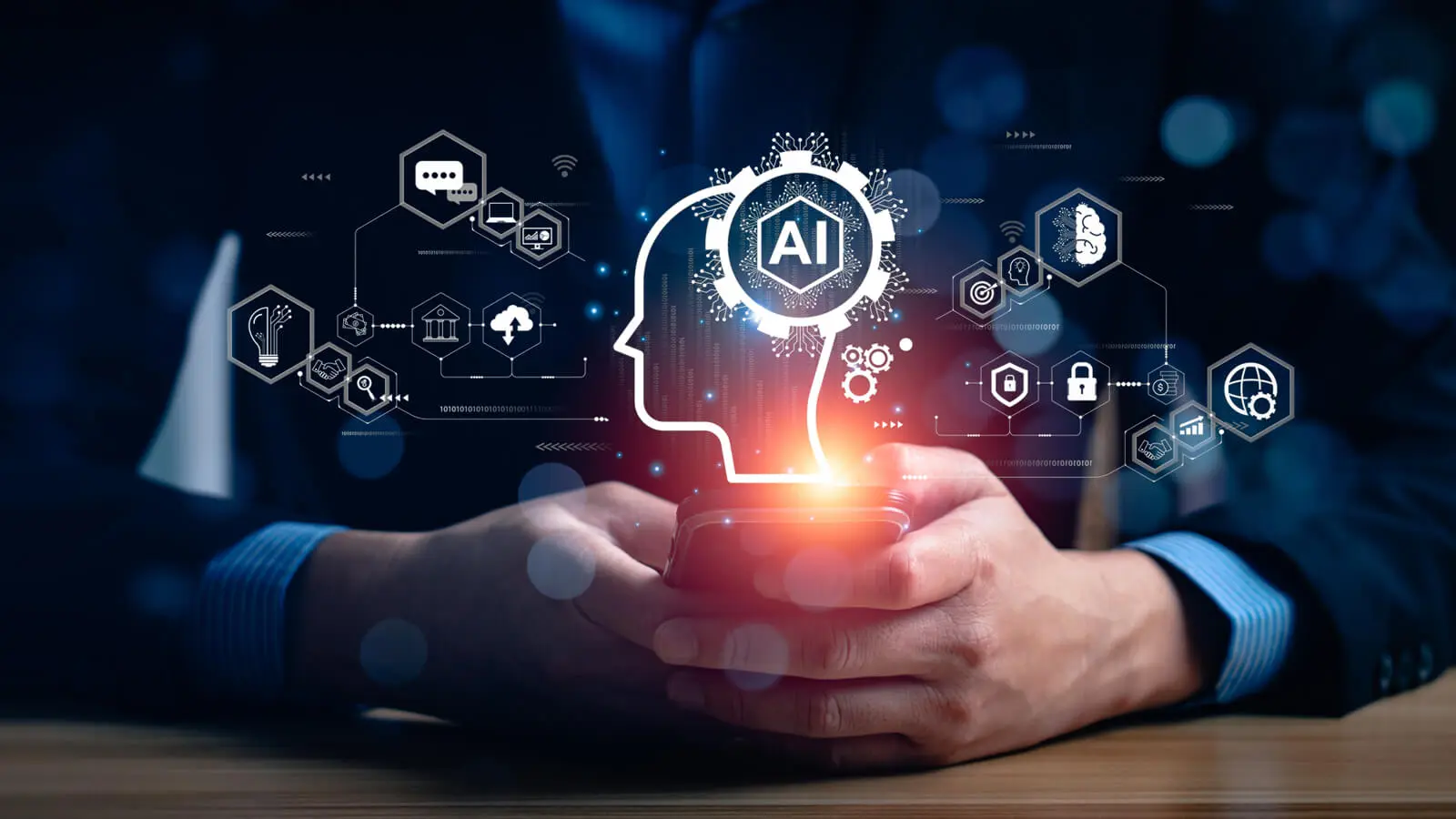The world of software development is undergoing a seismic shift, driven by two powerful forces: artificial intelligence (AI) and globalization. These forces are reshaping the industry in profound ways, creating both opportunities and challenges for developers.
The AI Revolution: AI is transforming how software is developed, tested, and deployed. AI-powered tools can automate repetitive tasks, generate code, and even identify bugs. This is leading to increased productivity and efficiency, but it is also raising concerns about job displacement.
The Globalization Effect: Globalization is making the software development industry more competitive than ever. Companies are now able to source talent from anywhere in the world, which is putting pressure on developers in developed countries to stay ahead of the curve.
Navigating the New Landscape: Software developers who want to thrive in this new environment need to be adaptable, lifelong learners. They need to be comfortable working with AI tools and collaborating with colleagues from different cultures. They also need to be able to constantly update their skills to keep pace with the latest technologies.
The Future of Software Development: The future of software development is uncertain, but one thing is for sure: it will be shaped by AI and globalization. Developers who can embrace these forces and adapt to the changing landscape will be the ones who succeed.
Who is impacted?
- Software Developers: They are at the forefront of this transformation, facing both opportunities and challenges.
- Tech Companies: They need to adapt their strategies to leverage AI and compete in the global market.
- Educational Institutions: They need to update their curricula to prepare students for the future of software development.
- Governments: They need to create policies that support the development of AI and ensure that the benefits are shared broadly.
What is happening?
- AI is automating tasks: This is leading to increased productivity and efficiency, but it is also raising concerns about job displacement.
- Globalization is increasing competition: Companies are now able to source talent from anywhere in the world, which is putting pressure on developers in developed countries to stay ahead of the curve.
- The skills gap is widening: The demand for skilled software developers is outpacing the supply, creating a skills gap.
The transformation is happening now. AI and globalization are already having a significant impact on the software development industry, and this trend is only going to accelerate in the years to come.
This is a global phenomenon. AI and globalization are impacting software developers all over the world. However, the impact is likely to be felt most acutely in developed countries, where developers are facing increased competition from their counterparts in developing countries.
- Technological advancements: The rapid development of AI and other technologies is enabling new ways of developing software.
- Economic factors: Globalization is driven by economic factors, such as the search for lower costs and access to new markets.
The Impact of AI on Software Development
AI is revolutionizing software development in several ways:
- Automation of Repetitive Tasks: AI-powered tools can automate many of the repetitive tasks involved in software development, such as code generation, testing, and deployment. This frees up developers to focus on more creative and strategic work.
- Improved Code Quality: AI can be used to analyze code and identify potential bugs and vulnerabilities. This can help to improve the quality and security of software.
- Enhanced User Experience: AI can be used to personalize software experiences for individual users. This can lead to increased user engagement and satisfaction.
The Challenges of AI in Software Development
While AI offers many benefits for software development, it also poses some challenges:
- Job Displacement: There is a concern that AI could lead to job displacement for software developers. However, it is more likely that AI will augment the work of developers rather than replace them entirely.
- Skills Gap: The rapid development of AI is creating a skills gap in the software development industry. Developers need to constantly update their skills to keep pace with the latest technologies.
- Ethical Considerations: The use of AI in software development raises some ethical considerations, such as the potential for bias in AI algorithms.
The Impact of Globalization on Software Development
Globalization is also having a major impact on the software development industry:
- Increased Competition: Globalization is making the software development industry more competitive than ever. Companies are now able to source talent from anywhere in the world, which is putting pressure on developers in developed countries to stay ahead of the curve.
- Cost Reduction: Globalization can lead to cost reduction for companies, as they can source talent from countries with lower labor costs.
- Access to New Markets: Globalization can also give companies access to new markets, as they can develop software that is tailored to the needs of specific regions.
The Challenges of Globalization in Software Development
Globalization also poses some challenges for software developers:
- Cultural Differences: Working with colleagues from different cultures can be challenging, as there can be differences in communication styles and expectations.
- Time Zone Differences: Coordinating work across different time zones can be difficult.
- Intellectual Property Concerns: There is a risk that intellectual property could be stolen or misused when working with developers in other countries.
Strategies for Thriving in the New Era
Software developers who want to thrive in this new era need to be adaptable and lifelong learners. Here are some strategies that can help:
- Embrace AI: Learn how to use AI tools to your advantage. There are many AI-powered tools available that can help you automate tasks, generate code, and identify bugs.
- Develop soft skills: In addition to technical skills, soft skills such as communication, collaboration, and problem-solving are becoming increasingly important for software developers.
- Stay up-to-date: The software development industry is constantly evolving. It is important to stay up-to-date on the latest technologies and trends.
- Be culturally aware: When working with colleagues from different cultures, it is important to be aware of cultural differences and to be respectful of others.
- Network: Building a strong professional network can help you stay connected to the latest developments in the industry and find new opportunities.
The Future of Software Development
The future of software development is uncertain, but one thing is for sure: it will be shaped by AI and globalization. Developers who can embrace these forces and adapt to the changing landscape will be the ones who succeed.
AI and globalization are shaking up the software developer’s world. These forces are creating both opportunities and challenges for developers. Those who can adapt to the changing landscape will be the ones who thrive in the years to come.






























